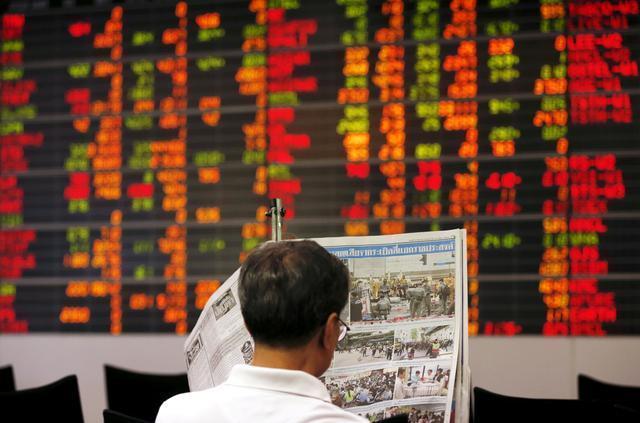Chairpeople of the country’s business organizations shared their expectations for the new year with daily DUNYA. The Turkish business world, which prepares to say goodbye to 2021, when developments marked the global and domestic market, mainly expects fight against inflation, stable environment, and investment moves. Here are the market expectations of the country’s business world for 2022 in brief:
- Predictability,
- Stability and confidence,
- Fight against inflation,
- Current account surplus,
- Investment moves,
- Financial support to companies,
- Healthy development strategy,
- Eluding the pandemic,
- Competitive export structure,
- Equal income distribution,
- Protection of universal values, fundamental rights, and freedoms in the strongest way.
On the other hand, the government aims to reduce imports and increase exports in line with the country’s import-substituting economic model, according to Prof. Dr. Goksel Asan, President of the Presidential Finance Office. Speaking in a televised interview with Bloomberg HT, Asan said the current account surplus will be the parameter to be assessed in the coming period and the current account balance will most likely post a surplus in April 2022.
Prof. Dr. Goksel Asan also stated that the fluctuations in foreign exchange (FX) rates were unpredictable and would have been managed better. “It would have been intervened earlier. However, on the government side, it was impossible to act earlier than this. The government control is a different mechanism,” Asan added.
Asan also noted that he estimates negative inflation in January with the impact of price corrections in an environment where FX rates hover around the current levels. “Account owners shouldn’t consider the negative inflation in January to emerge due to the base effect. The inflation figure after February will be the period to determine estimations on inflation for the upcoming period,” he noted. Asan also said he thinks that the FX pressure on inflation will be limited.
DAILY AGENDA
Exports rose by 33.7% to USD 21.5bn and imports increased by 27.3% to USD 26.9bn in November, compared to the same month last year, according to the Turkish Statistical Institute (TurkStat).
The Services Producer Price Index (S-PPI) increased by 38.08% in November, compared to the same month of the previous year, according to TurkStat. The S-PPI also rose by 3.0% on a monthly basis.
Meanwhile…
>> The confirmed number of daily COVID-19 cases have approached 40,000 again in the country. Some 39,681 new coronavirus cases and 139 deaths due to the COVID-19 were reported in the last 24 hours by the Health Ministry. In the meantime, Turkey began administrating the domestic COVID-19 vaccine Turkovac in larger hospitals across the country. Thus, Turkey became one of the nine countries in the world that can produce a COVID-19 vaccine.
>> According to the Directorate General of Civil Aviation (SHGM), Netherlands, Croatia, Spain, Island, Switzerland, Italy, and Luxembourg announced that they won’t accept Turkish passengers in line with the decision which has been taken due to the Omicron variant.
>> The price of gasoline has been raised by TRY 0.68 per liter, according to the Energy Oil Gas Supply Stations Employers’ Union (EPGIS). Thus, the price of gasoline per liter rose to 12.31 in Istanbul, 12.39 in Izmir and 12.37 in Ankara.
>> Residents’ FX deposit accounts increased by USD 1.45bn to USD 238.97bn in the week ending on December 24 compared to the previous week, according to the Central Bank.
>> Foreign investors’ equity, government debt securities (GDS), and corporate bond sales amounted to USD 569.8m, USD 94.4m, and USD 2.6m, respectively, in the week ending on December 24, according to the Central Bank.
>> The Central Bank’s net international reserves dropped by USD 3.5bn to USD 8.63bn in the week ending on December 24, compared to the previous week, according to the Central Bank. Thus, the bank’s net international reserves have fallen to its lowest level since August 2002.










